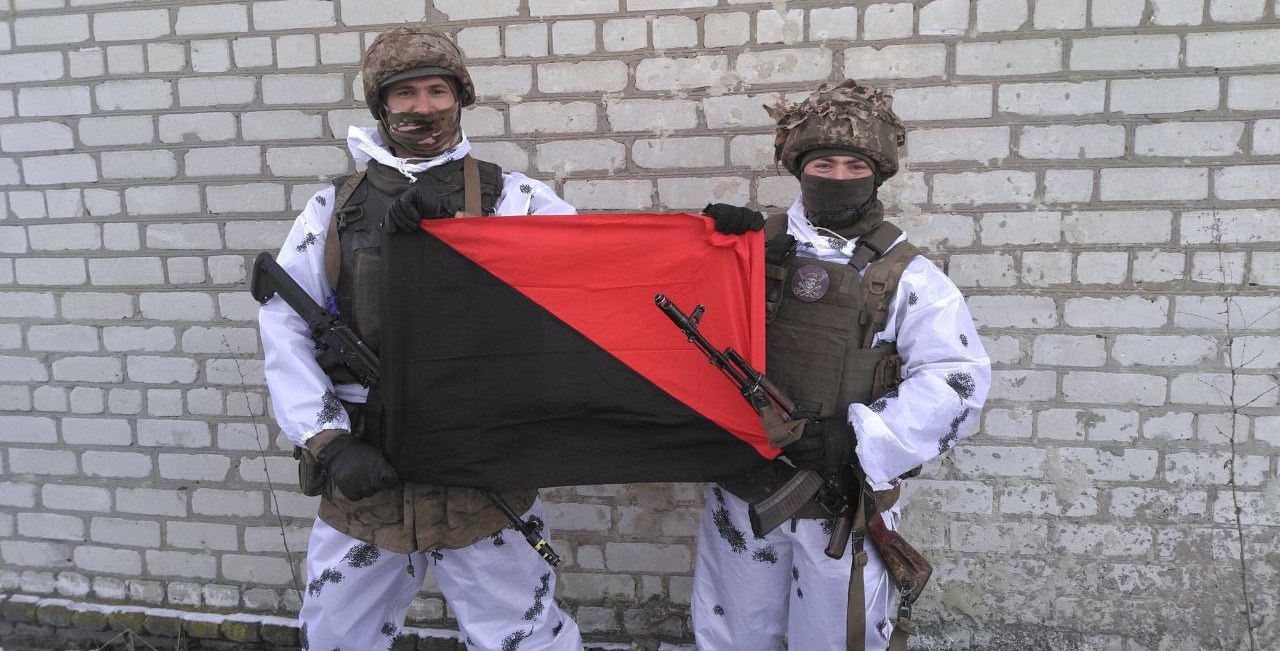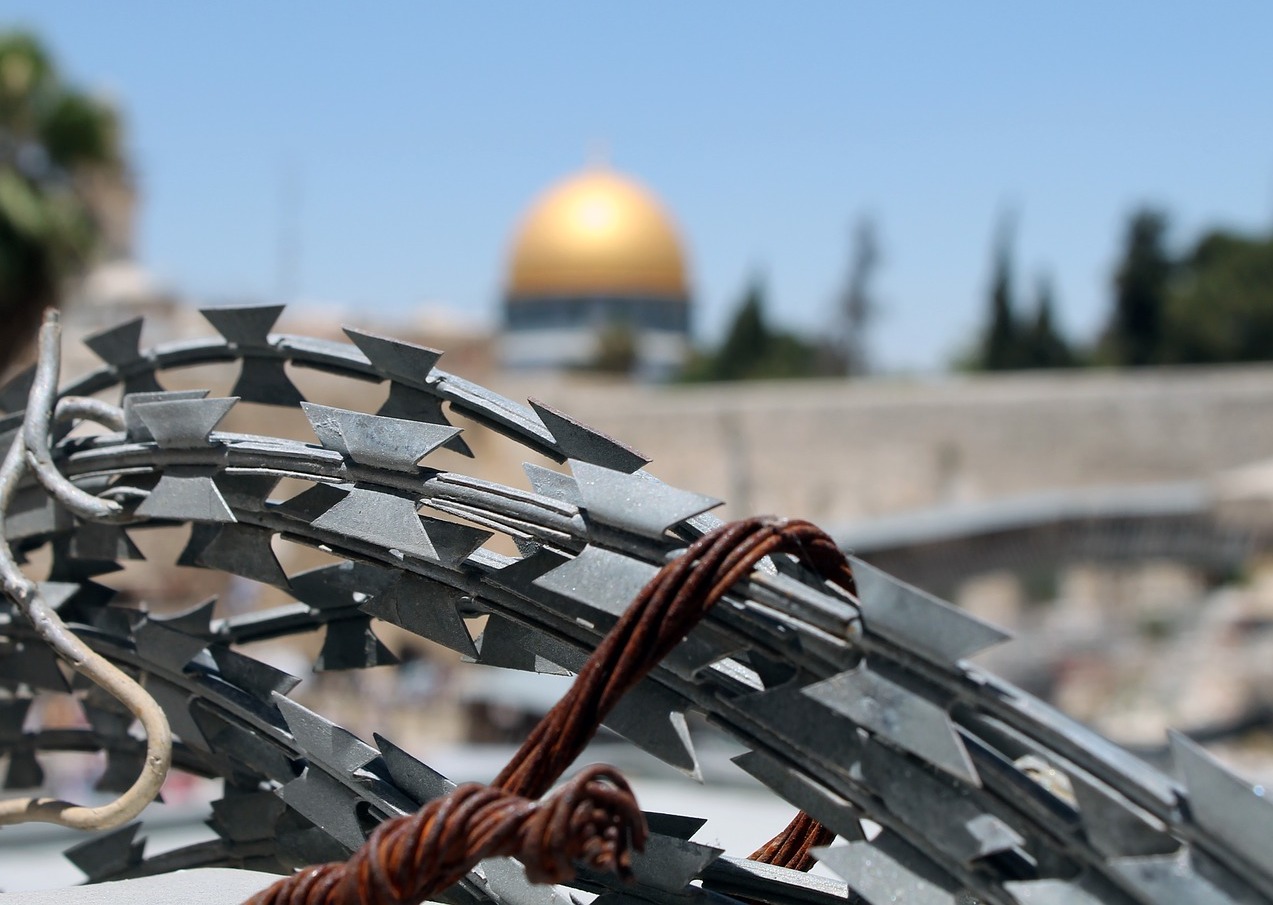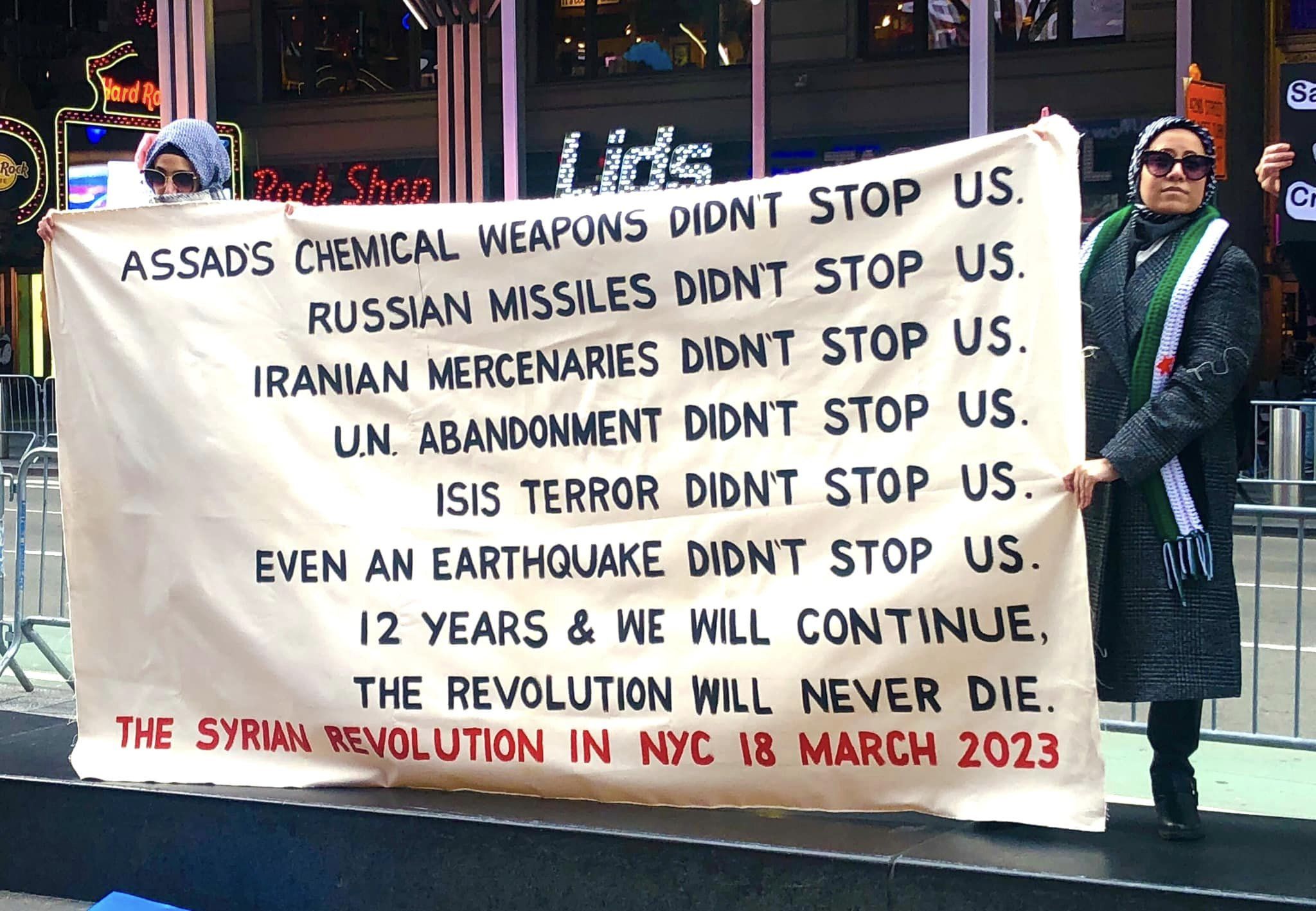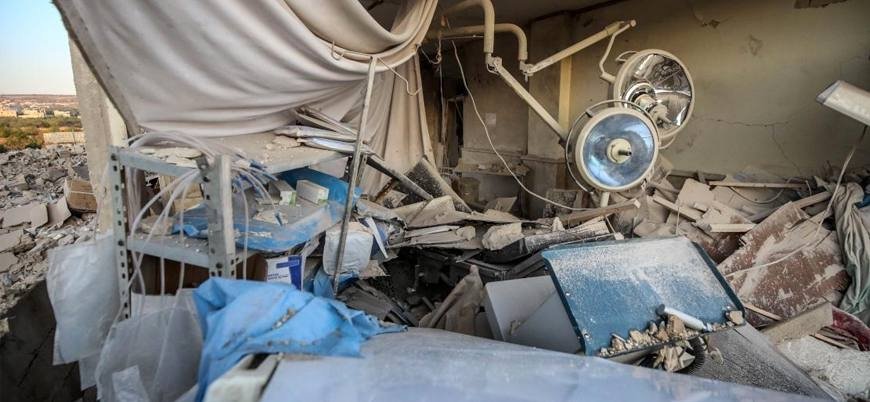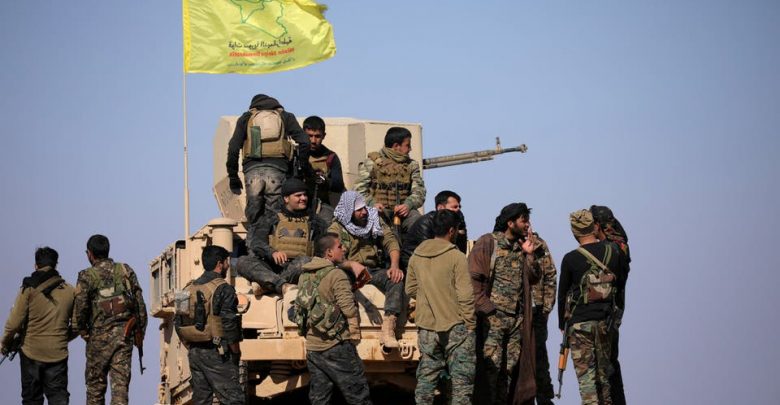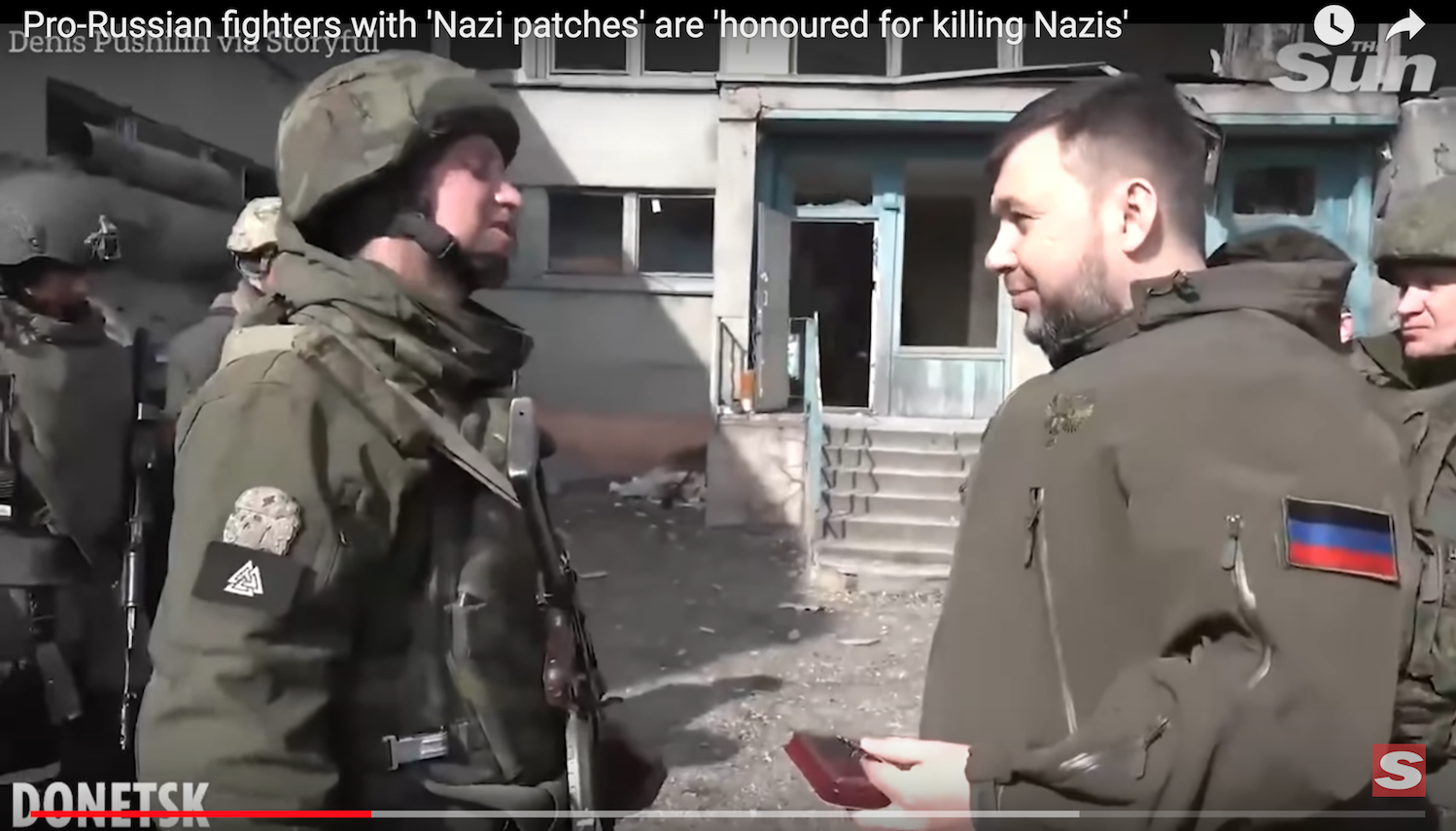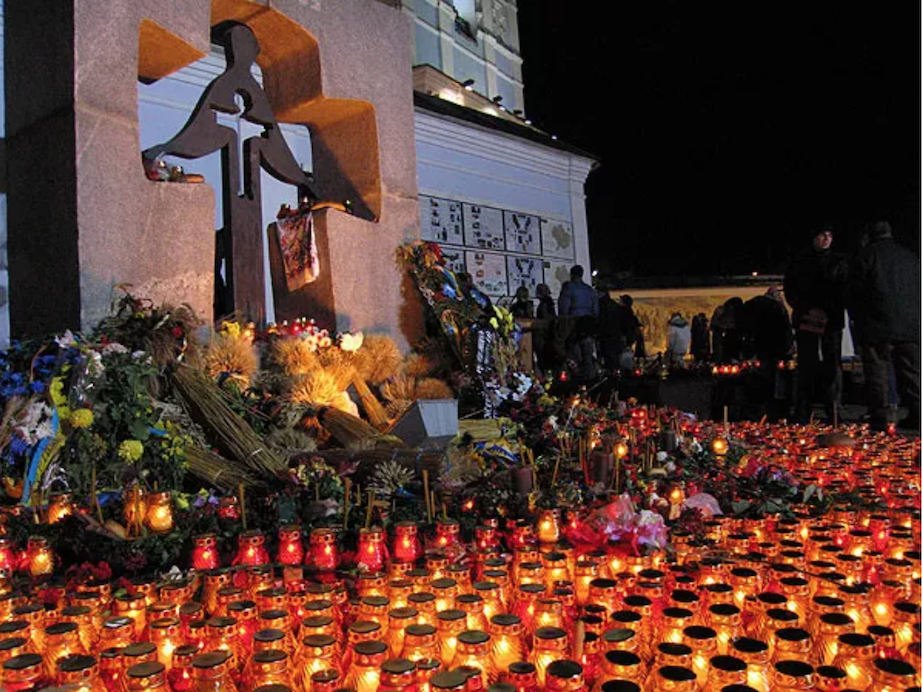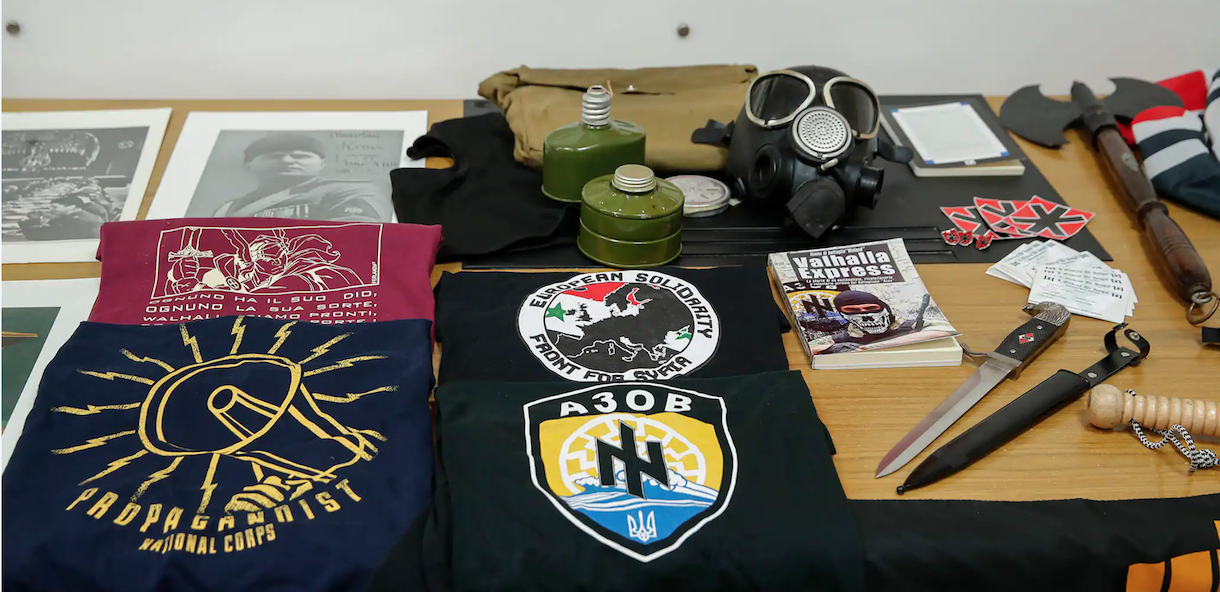Syria
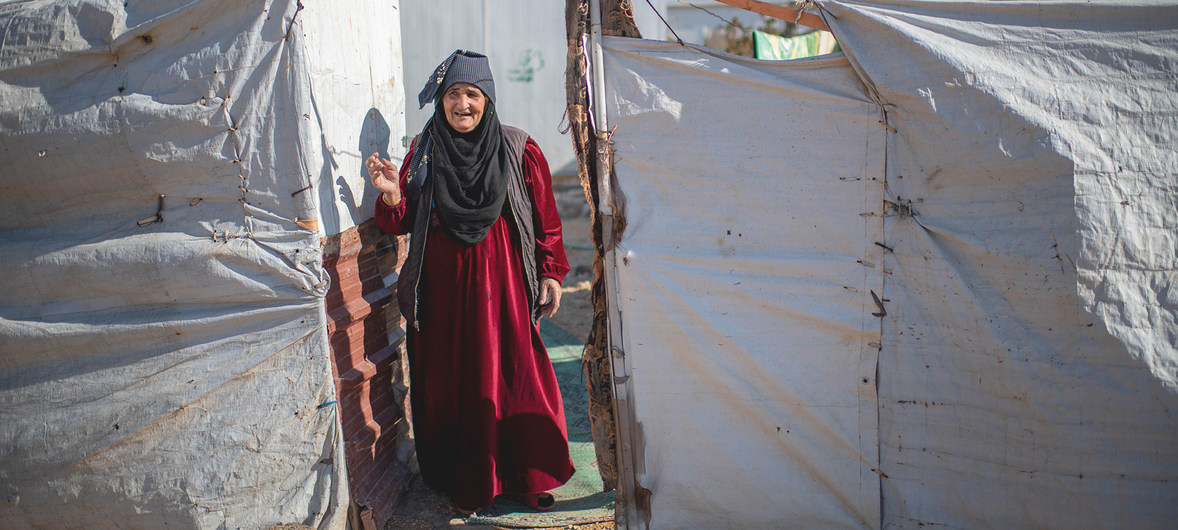
In the wake of the devastating earthquake that has killed some 15,000 in Turkey and Syria, the contested political situation in the latter country is raising particular dilemmas. Aid agencies warn of “catastrophic” implications for Syria’s rebel-controlled northwest, where millions of displaced and vulnerable people were already in precarious straits and relying on humanitarian support before the quake. At least half of the estimated 2,000 dead in Syria are in the rebel-controlled area. Due to Russian influence at the UN on behalf of the Bashar Assad regime, humanitarian access is already limited to one border crossing—Bab al-Hawa. And Moscow and Damascus have been pressuring to close that one as well. (Photo: UNHCR)
